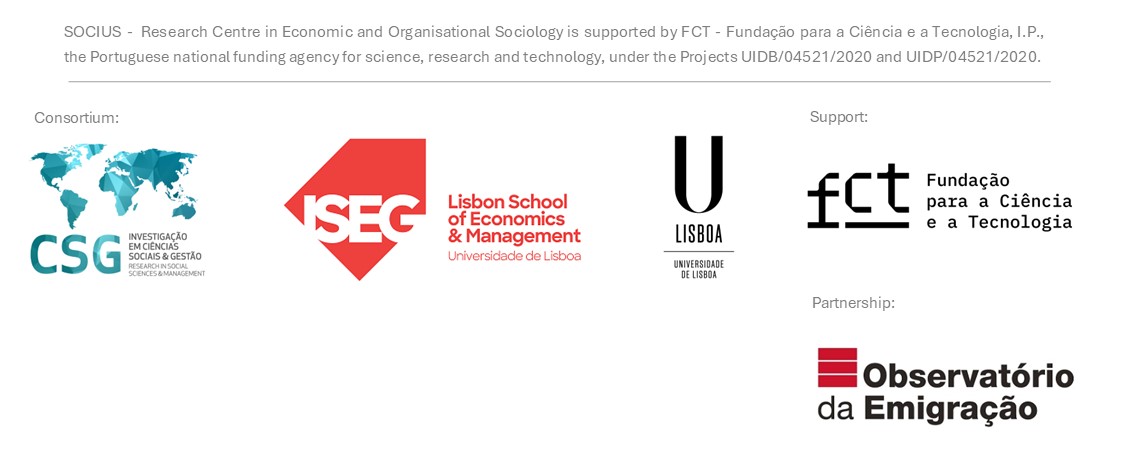Comunicação e Envolvimento Político com Questões Ambientais - COMPOLIS
Communication and Political Engagement with Environmental Issues - COMPOLIS
Team: Anabela Carvalho (Main Researcher), Lúcia Fernandes, Sofia Bento (Researchers)
2 Research Studentships
Funding: FCT
Proponent institution: CECS/UM
Participating institution: SOCIUS/ISEG-UL
Reference: EXPL/IVC-COM/1717/2012
Schedule: July 1, 2013 - June 30, 2014
Keywords: Communication, Political Engagement, Citizenship, Environment
Summary
This project focuses on communication practices in order to understand how citizenship and political participation are constructed in relation to climate change, energy policies and other environmental issues. COMPOLIS also aims to shed light on people’s views of their political selves and of spaces for participation and engagement, and to draw connections between those perceptions and different discursive constructions of politics and citizenship.
In the last few decades, processes of political decision-making on several types of issues have been adjusted in order to ensure that ‘the public’ has a say. In fact, public participation and citizen engagement with policy-making are widely called for in academic and political circles, but, as shown by existing research, such engagement is rather limited and constrained in its potential (Braun and Schultz, 2009; Phillips, 2011; Whitmarsh, Seyfang and O’Neill, 2011).
Despite the difficulties involved in public participation, contemporary societies are faced with major challenges that can only be effectively addressed with sustained citizen engagement. Climate change and energy security are two of those key challenges, which are tightly related. The far-reaching transformations that are needed to respond to climate change and to move to a different model of energy production and use require citizens engagement at the political level: decisions have to be made in a democratic way that is simultaneously inclusive and effective in the long-term. This project will focus on public participation in political processes associated with climate change, energy and other key environmental issues, and will look at the role of discursive practices (e.g. political and institutional texts, media texts, texts from non-governmental organizations) in political engagement.
COMPOLIS is concerned with how communication practices may or not contribute to transform political engagement. The project looks at citizenship and political engagement as social constructs that are mediated by multiple communication practices and examines the relation between a sense of political powerlessness and the symbolic environment in which current democratic politics is enacted, as well as how a new social movement may open up new political possibilities. It involves an analysis of political participation and political subjectivities in relation to climate change, energy and other environmental issues, to be conducted through interviews, focus groups and text analysis, as well as an in-depth study of engagement within Transition, an international movement that promotes social change to address climate change and energy challenges.


